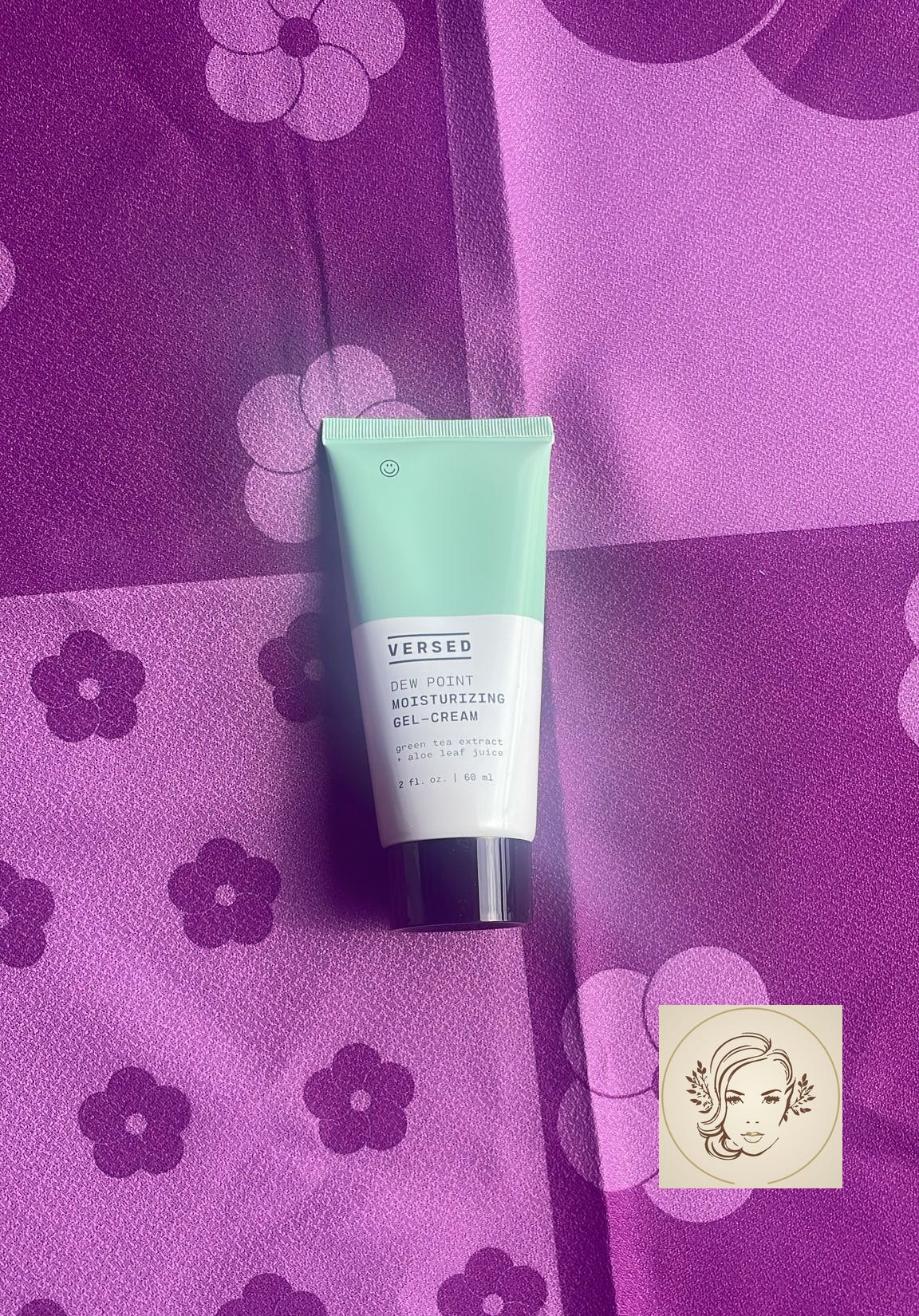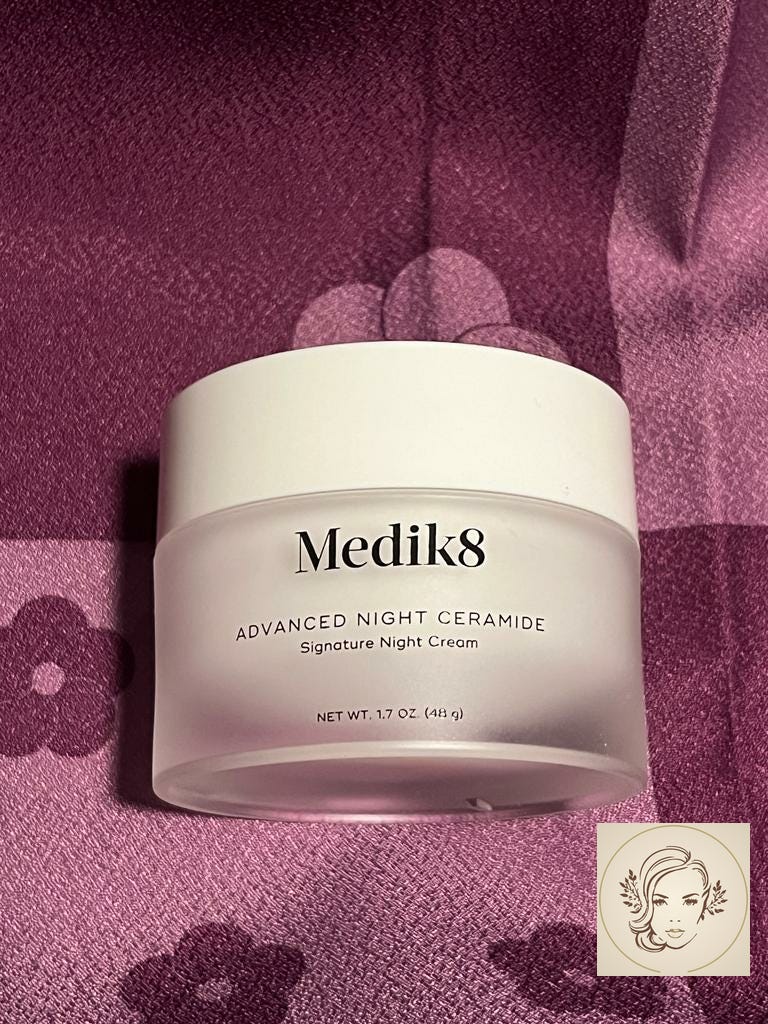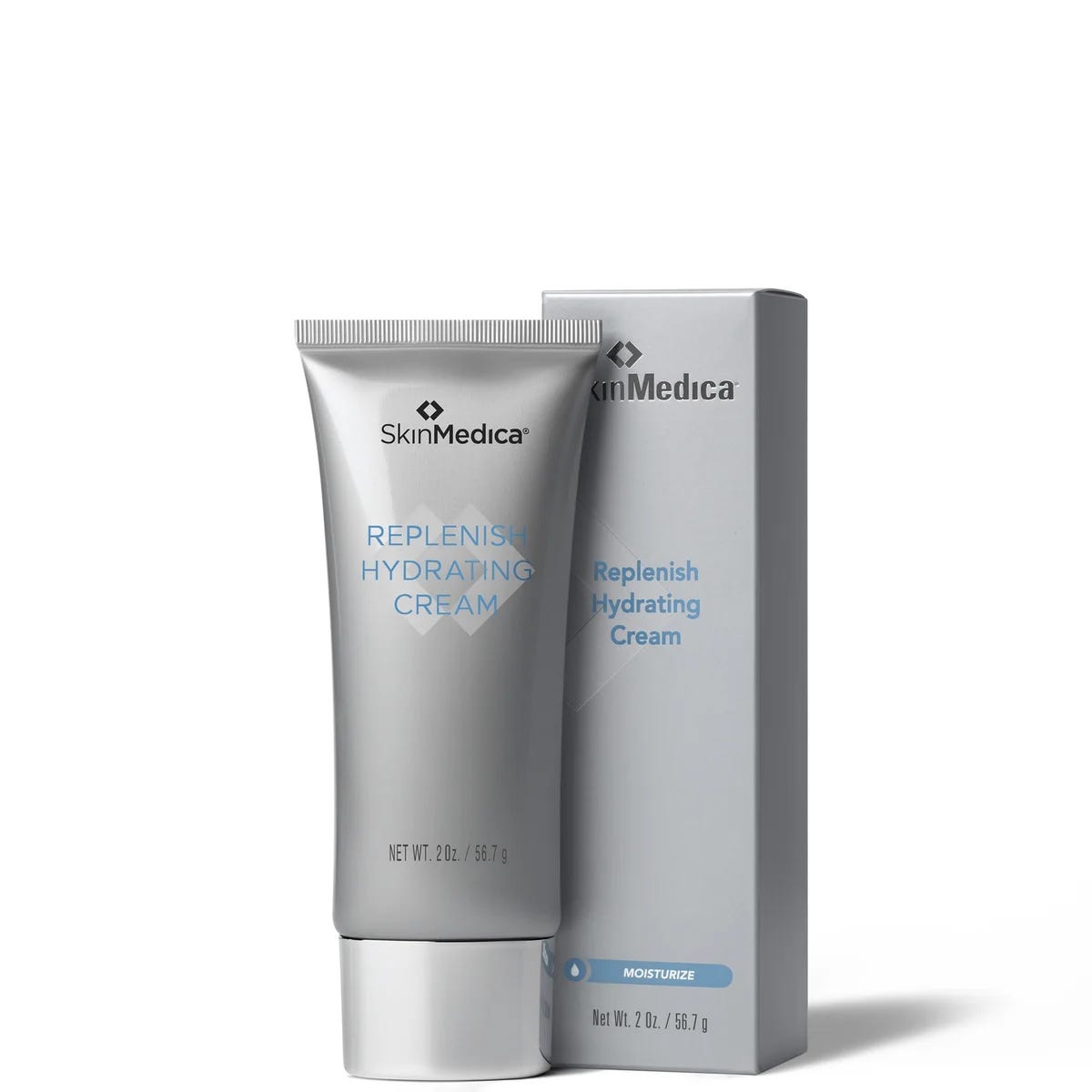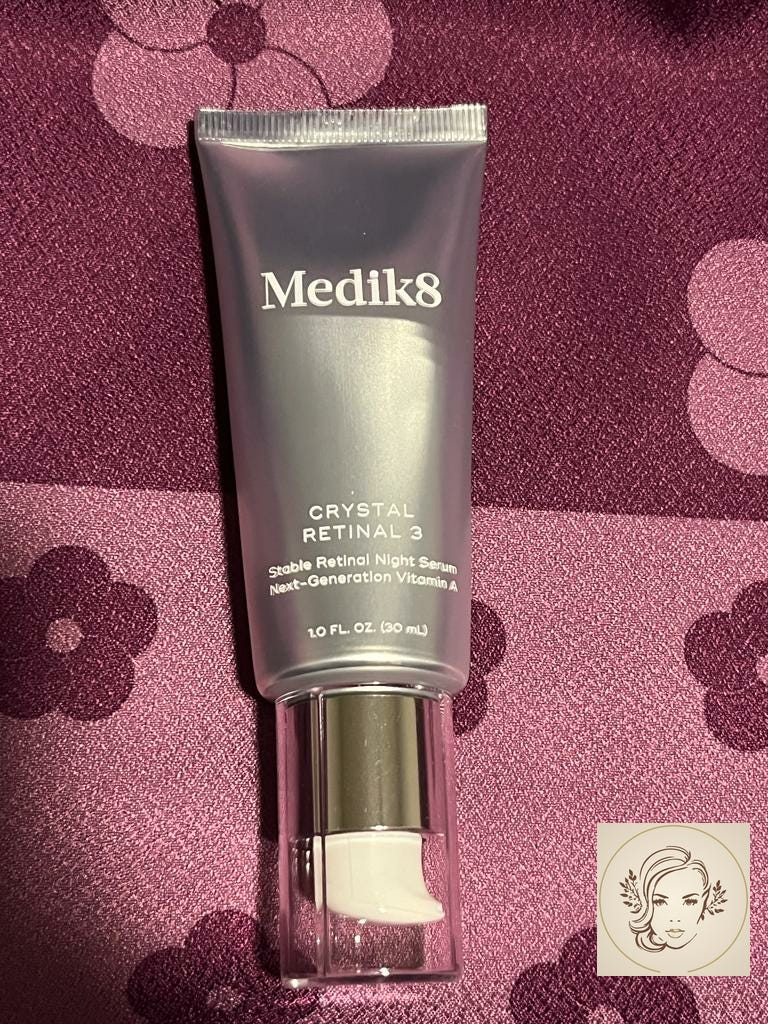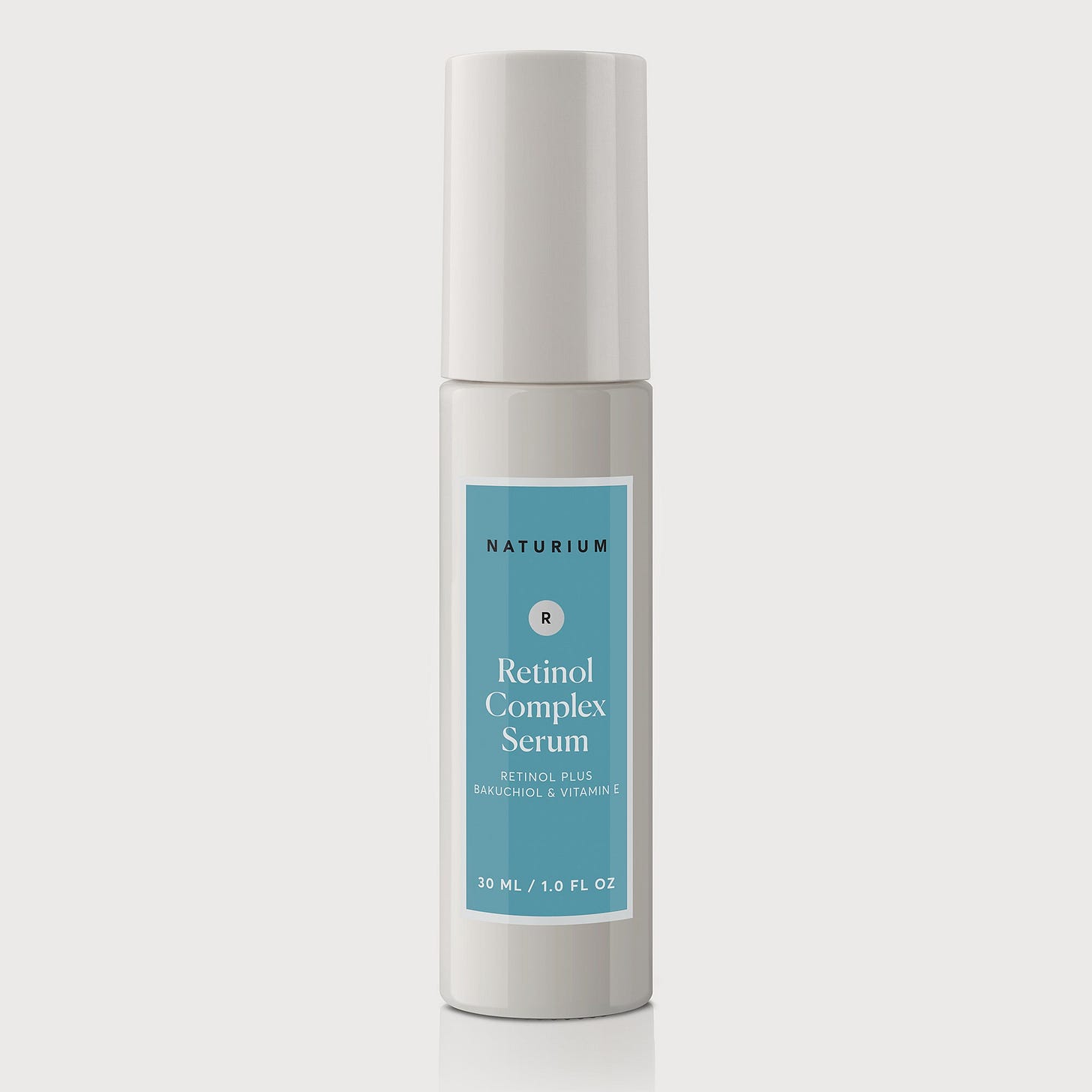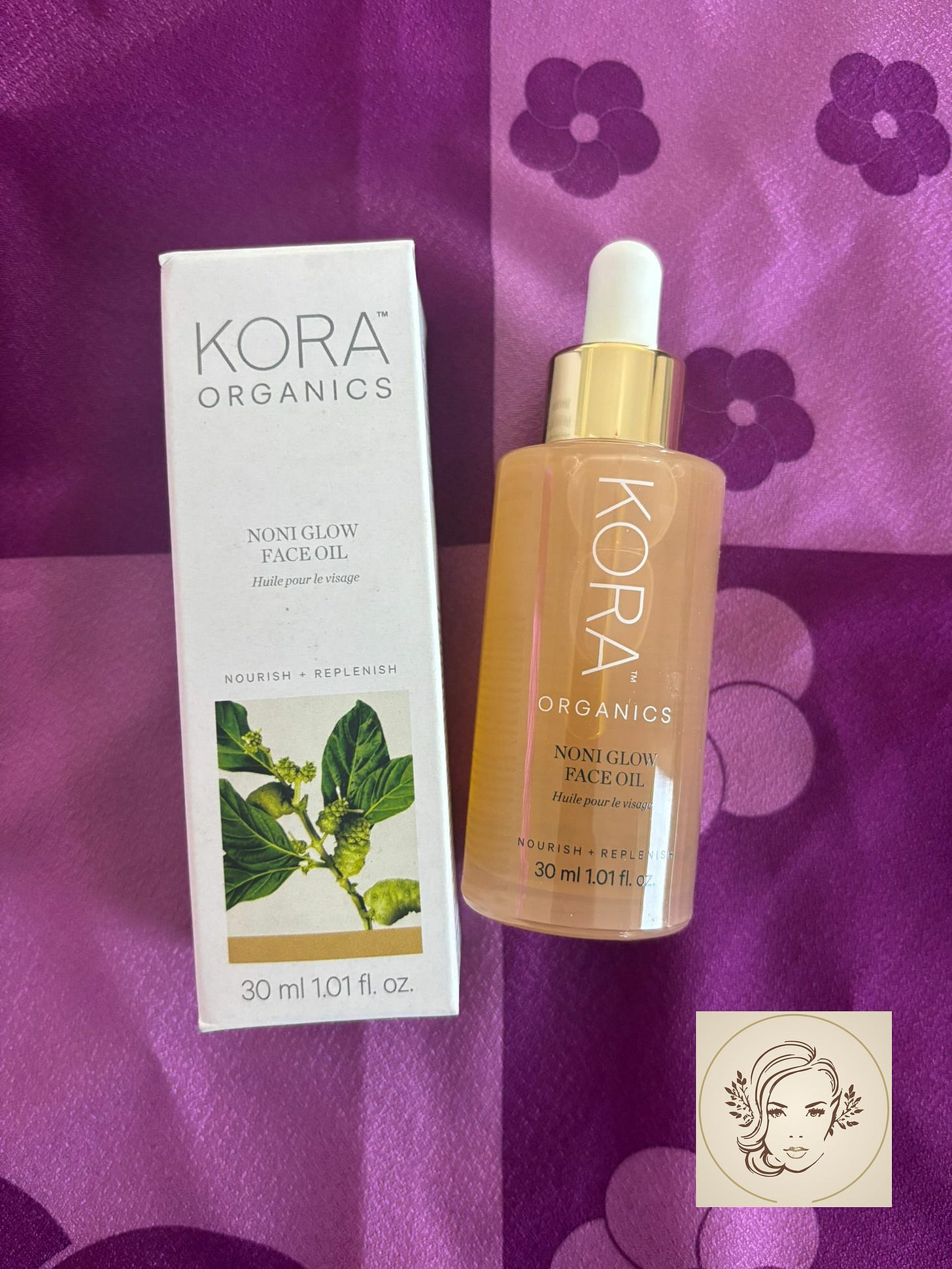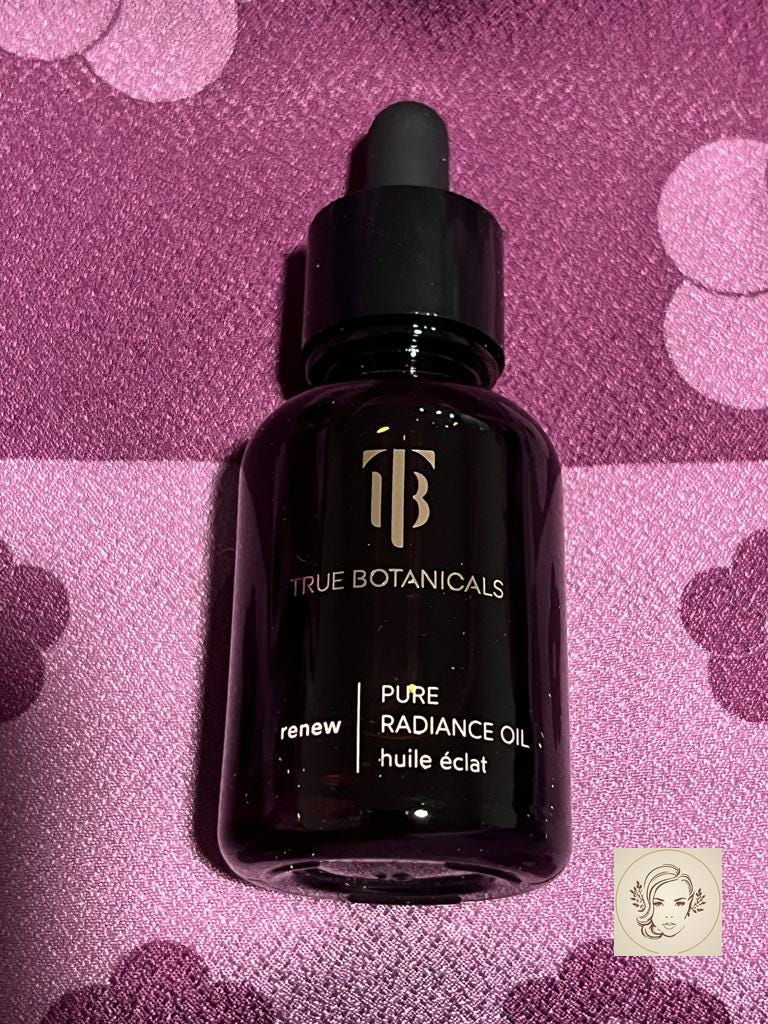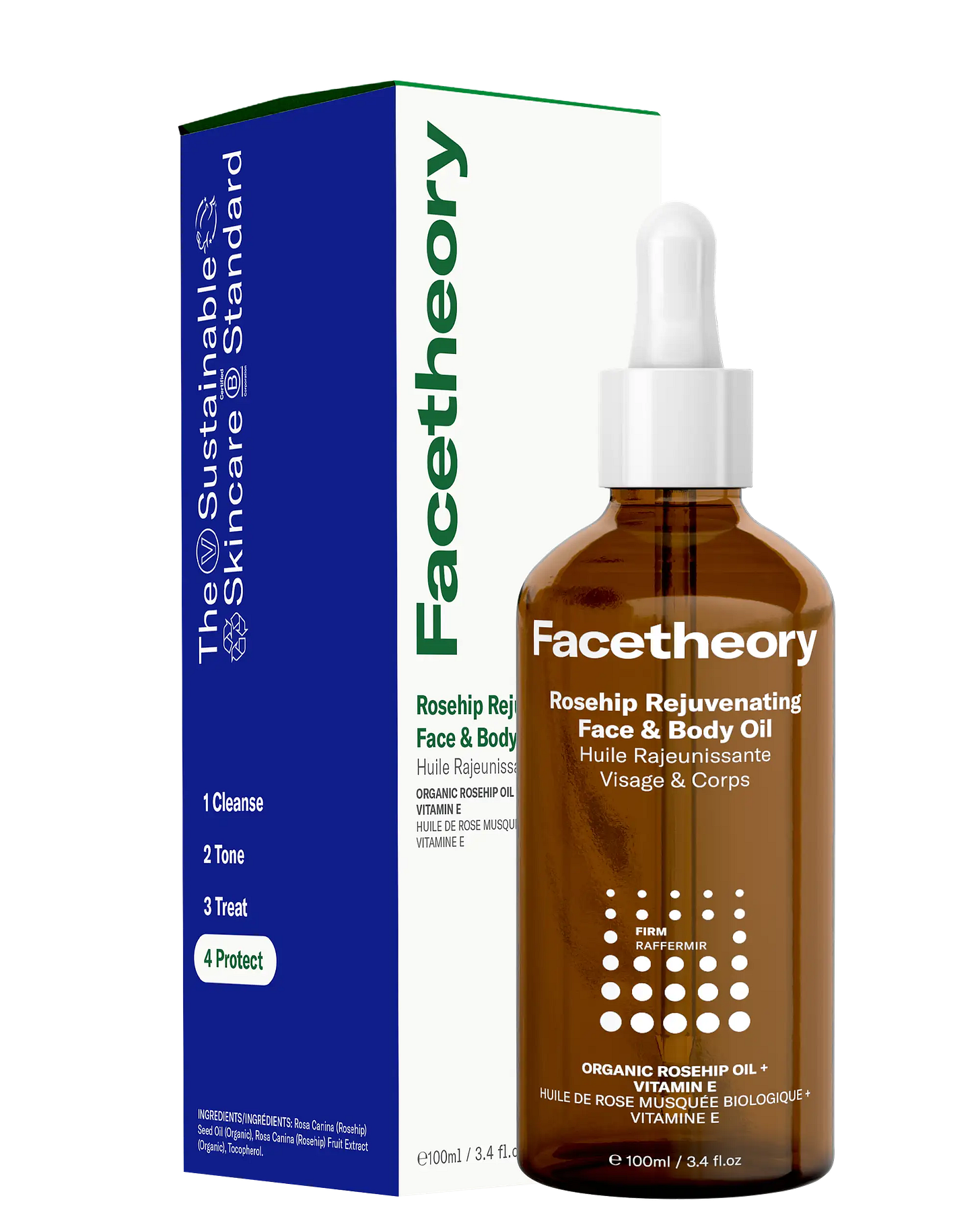Can You Use Face Oil Instead Of Moisturizer?
The Right Way to Use Face Oils Without Skipping Moisturizer
You can use face oil instead of moisturizer, but it might not be the best thing for your skin.
Moisturizer is formulated to provide both hydration and active ingredients to your skin.
On the other hand, facial oil is formulated to be layered on top of moisturizer to lock in hydration and protect the top layer of your skin.
In this post, you will learn everything about moisturizers, face oils, and when to use them.
Moisturizers vs. Face Oils
Both moisturizer and face oil have a place in your skincare routine to protect your natural moisture barrier.
They both have anti-aging benefits and help retain moisture by locking in skin hydration.
However, there are some key differences in these skincare products.
Moisturizers
Moisturizers are a combination of:
Fatty acids
Emollients
Humectants (like hyaluronic acid)
Penetration enhancers
Altogether, these ingredients combined will penetrate into the deeper layers of your skin to provide nourishment and reinforce your protective barrier.
However, there is no one size fits all.
The right moisturizer depends on your skin type and moisturizing needs.
If you’d like to dive deeper into how moisturizers really work, you can read my article Do You Really Need a Moisturizer? for a full breakdown on humectants, emollients, and occlusives and you may also check this article 10 Best Moisturizers for Acne-Prone Skin.
Oily Skin
People with oily skin may prefer water-based moisturizers, like the Versed Dew Point Moisturizing Gel-Cream.
Remember that these skin types need a skincare routine for oily skin specifically and likely won’t benefit from using natural oils.
Also, people with oily skin may also prefer a lightweight lotion to a heavier moisturizer.
Dry Skin
People will dry skin may prefer thicker creams with active ingredients such as colloidal oatmeal.
Medik8 Advanced Ceramide Night Cream is a good option!
Sensitive Skin
People with sensitive skin will benefit from a great moisturizer with green tea extract which can even out skin tone, similar to vitamin C.
Plus, a good nighttime skincare routine to brighten skin with green tea is anti inflammatory and great to clear up hyperpigmentation, dark spots.
Mature skin
Moisturizers are also great to deliver actives to fight fine lines and wrinkles, like retinol.
Some of my favorites are Medik8 Crystal Retinal.
However, there are currently no moisturizers formulated with adapalene, which is a retinoid specifically for acne prone skin. If you specifically want retinol (not retinal), the Naturium Retinol Complex is a good choice.
Face Oils
Benefits of Face Oils
Face oils are awesome for moisturizing skin.
However, they alone are not enough to protect your skin barrier, especially if you have dehydrated skin.
On the other hand, layering face oils after you moisturize is great to fight fine lines and lock in moisture.
Together, moisturizer and face oils are an essential part of a skin care routine for dry skin.
Different Types of Face Oils
There are many different types of face oils, including:
Tea tree oil
Olive oil
Sweet almond oil
Grapeseed oil
Jojoba oil
All of these face oils provide nourishment to your skin’s natural moisture barrier.
Personally, one of my favorites is True Botanicals Pure Radiance Oil.
If you prefer more natural oils, you may like rosehip oil.
However, you should stay away from essential oils for your face.
Concern with Face Oils
Some oils, such as lavender oil, have antibacterial properties which can be good for people with acne.
However, they can also be irritating to the skin, so applying facial oil product with essential oil is not suitable for everyone.
Also, olive oil can exacerbate a yeast called Malasezzia.
Therefore, it is not suitable for people with fungal acne or dandruff.
Hair Oils
Certain oils are heavier and can be comedogenic.
For example, many oil blends formulated with argan oil can clog pores.
Coconut oil is also not suitable for acne prone skin.
Your best bet for these oils is to use them for your hair instead of your face.
Additionally, some people like to dilute rosemary extract in a carrier oil such as castor to promote hair growth.
The Difference Between Moisturizers and Facial oils
There are a few key differences between moisturizers and facial oils in skin care:
Absorbtion
Benefits
Types
Also, moisturizers tend to be more cost effective than facial oils from a price perspective.
Different Absorption
Moisturizer is lighter than oil.
Therefore, it is more easily absorbed into your skin and can penetrate moisture deeper to provide more hydration.
Different Benefits
While both types of skin care products moisturize the skin, moisturizers can add moisture and hydration to your skin.
On the other hand, the main function of oils is to seal in moisture and protect the top layer of your skin.
Oils do not directly provide hydration to your skin, similar to occlusives.
Different Types
There are many different types of moisturizers, from those designed to brighten your skin to those designed to protect against sun damage, like sunscreen.
Oils, such as coconut oil, do not provide any substantial protection from UV rays as environmental stressors.
For example, coconut oil has an SPF of 4 which will not provide much protection.
Can face oil replace moisturizer?
Overall, they both have many benefits for anti aging, and they both have a place in your skincare routine to nourish your protective barrier with fatty acids.
However, you should not replace moisturizer with face oil.
Instead, consider layering oil on top of moisturizer!
Remember, healthy skin is radiant skin!
Can you replace moisturizer with facial oils?
You should not replace moisturizer with facial oils.
However, natural oils can be great to lock in moisture for hydrated skin.
You should use face oil like grapeseed oil or jojoba oil on top of your moisturizer for the best results, especially for drier skin types.
Should I use rosehip oil before or after moisturizer?
You should use rosehip oil after moisturizer.
Preferably, wash your face first, apply moisturizer, and then wait 1-2 minutes for your moisturizer to soak in.
Then, apply a few drops of rosehip oil on top.
Conclusion
At the end of the day, moisturizer and face oil work best as a team.
Moisturizer gives your skin hydration and active ingredients, while oil helps seal it all in.
If you want healthy, balanced skin, don’t swap one for the other, use both the right way.
Cheers,


